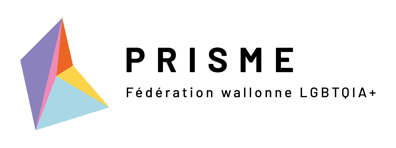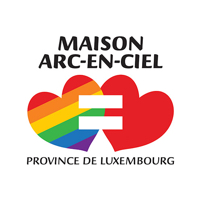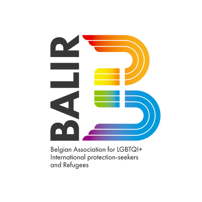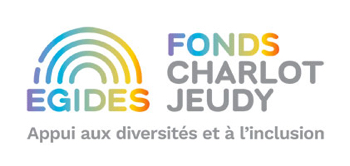

Same-gender sexual activities for both men and women are illegal in Tunisia with a penalty of up to 3 years of imprisonment. Authorities occasionally detain and question persons about their sexual activities and orientations, only based on their appearance. There is no law protecting LGBTQIA+ people against discrimination and offense. Same-gender couples are not legally recognised and consequently, it is not possible for them to adopt children. Also, there is no legal recognition for transgender people and no permission to legally change gender. However, in 2020, Tunisian authorities approved the family reunification of a same-gender couple married abroad, but while repeatedly mentioning that there is no same-gender marriage recognition in Tunisia. Recently, The Tunisian government stopped forcing anal tests a prove whether someone is a gay man or not.

LGBTQIA+ individuals are at odds with Islam, Tunisian culture, and traditions. Tunisian LGBTQIA+ people face critical social discrimination such as family rejection and violence and public violence. As a result, suicides are unfortunately quite common among them. Most Tunisians believe that homosexual people should be punished. Tunisian Minister for Human Rights stated that homosexuality is "a perversion", and gay people needed to be "treated medically". Men's sex work occurs in Tunisian tourist resorts. Several Tunisian films have addressed same-gender attraction. In May 2016, several LGBTQIA+ associations organised a small, discreet gay pride reception and an event for the day against homophobia in Tunisia. An online radio station catering to the LGBTQIA+ communities began broadcasting in December 2017, as the first in the Arabic-speaking world.


To escape social and legal pressures, some LGBTQIA+ people - especially activists - leave Tunisia for other countries in Europe like France or Belgium. Some LGBTQIA+ people from other African countries like Benin also seek asylum in Tunisia. The Mawjoudin association support LGBTQIA+ Asylum seekers and refugees in Tunisia.




[1] https://www.hrw.org/news/2021/03/09/tunisia-harassment-arbitrary-detention-lgbt-rights-activist
[2] https://www.ohchr.org/EN/NewsEvents/Pages/DisplayNews.aspx?NewsID=27174&LangID=E
[3] https://www.reuters.com/article/us-tunisia-lgbt-civilliberties-trfn-idUSKBN1Z81TM